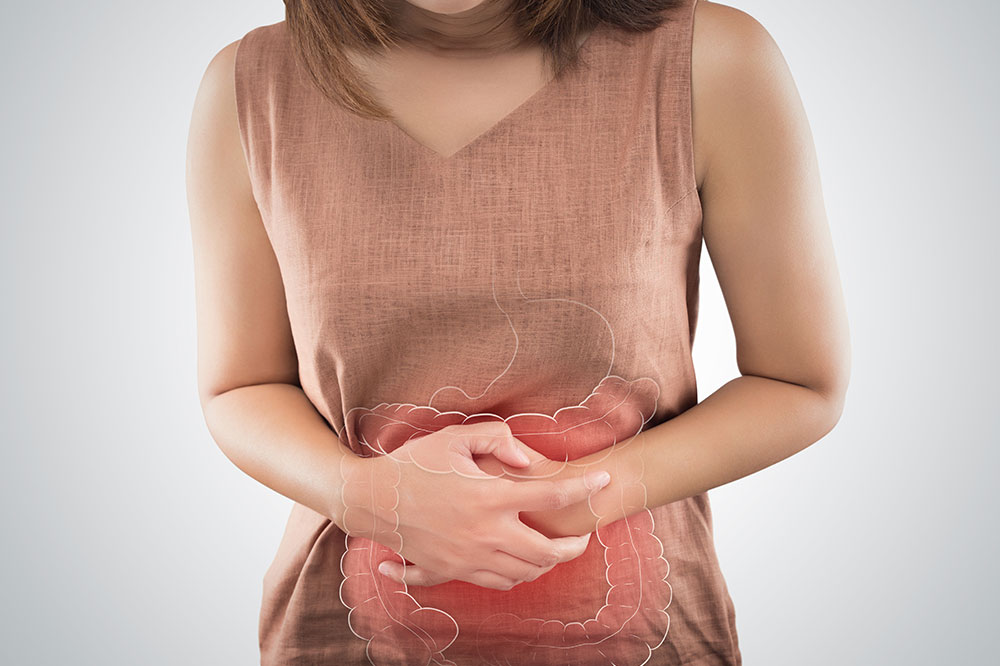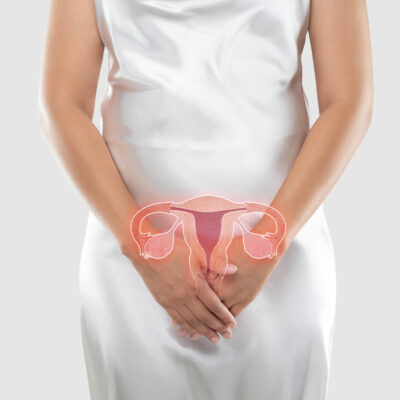
Ulcerative Colitis – Symptoms and Trigger Foods
The inflammatory bowel disease that leads to ulcers and inflammation in the digestive tract is known as ulcerative colitis. The organs affected by this condition include the colon and inner rectum lining. The symptoms of ulcerative colitis gradually develop over time.
Here’s looking at the symptoms and trigger foods for ulcerative colitis to help you manage the condition in a better and timely way.
1. Symptoms of Ulcerative Colitis
Depending on the inflammation severity and where it has occurred, the symptoms of ulcerative colitis can vary. The various symptoms of ulcerative colitis include
- Pain in the Abdomen
One of the symptoms of ulcerative colitis can be a pain in the belly. Stools that have pus or blood in it could also be a sign of the condition. In some cases, the symptom can be mild and might occur occasionally. But in some people, the symptom can be severe.
- Weight Loss
Ulcerative colitis causes inflammation that can last quite
long. This inflammation can cause problems with digestion and can lead to various symptoms such as nausea, weight loss, loss of appetite, and even stunted growth in children.
- Joint Pain and Anemia
In some patients, ulcerative colitis can cause symptoms that are not associated with the digestive system. These symptoms can include pain in the joints, anemia, fatigue, skin sores, and fever.
2. Trigger Foods
In addition to learning the symptoms of ulcerative colitis, it is also important to know what can trigger the symptoms. Knowing about the symptoms and trigger foods for ulcerative colitis can help the patient manage the condition in a better way. Here’s a list of trigger foods that should be avoided:
- Whole Grains
When a person is experiencing a flare-up of ulcerative colitis symptoms, eating foods that are high in fiber content can be difficult to digest. The high fiber content in whole-grain flour is attributed to the bran that has not been removed. Therefore, foods made using whole grain flour must be avoided by ulcerative colitis patients. These include whole-grain cereals, bread, pasta, noodle, and macaroni.
- Nuts
If your doctor has prescribed a low-fiber diet to manage ulcerative colitis, you must remove nuts from your diet plan. This includes nuts that are added to other foods as well as flours made from nuts. The fiber content in nuts is high which can make them extremely hard to digest. Therefore, for ulcerative colitis patients, it is better to stay away from hazelnuts, walnuts, cashews, pecans, peanuts, pistachios, almonds, and macadamia nuts.
- Seeds
Seeds can have the same effects on the digestive system as nuts and other high fiber foods. Eating seeds can cause bloating, gas, diarrhea, and several other effects. So, if you have ulcerative colitis, stay away from sesame seeds, sunflower seeds, millet, flax seeds, and wild rice.


